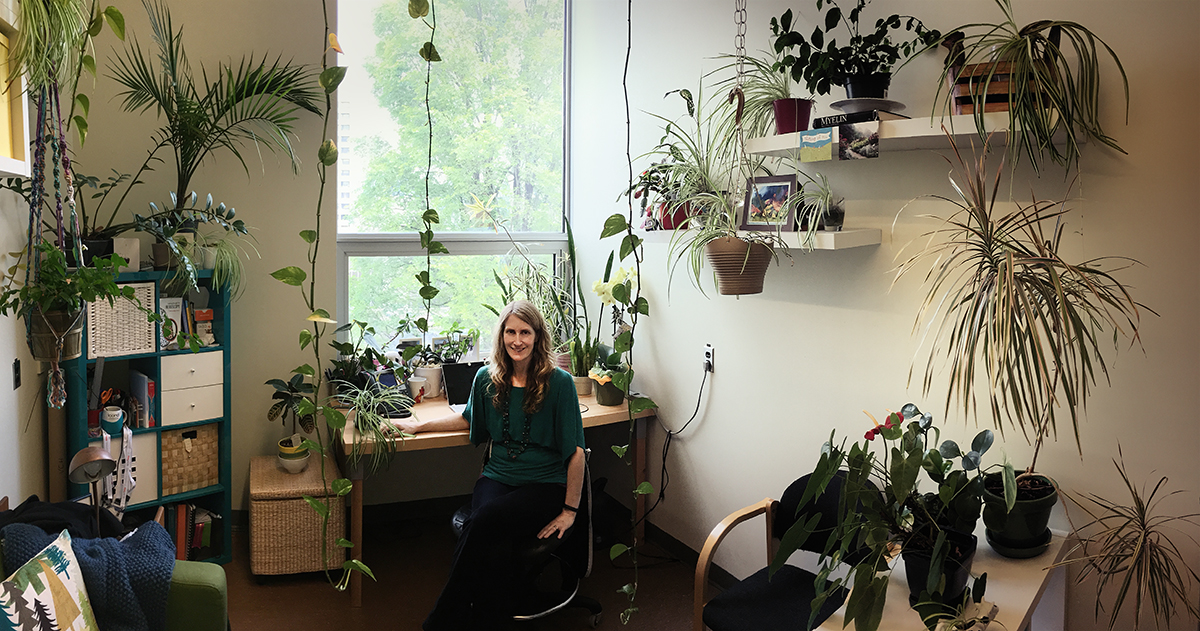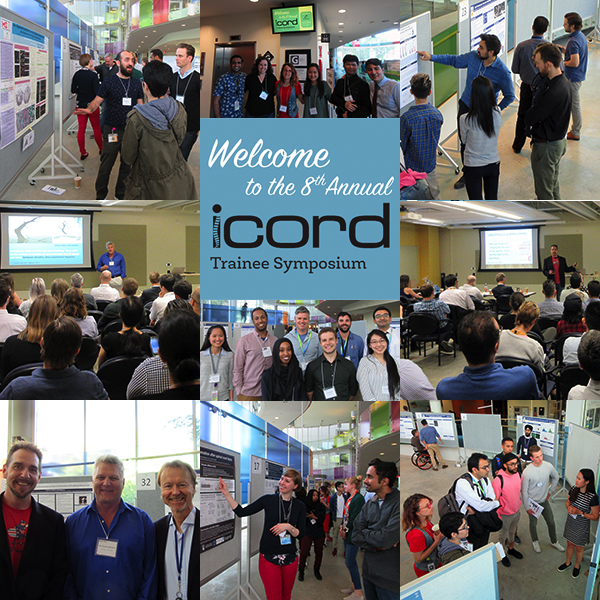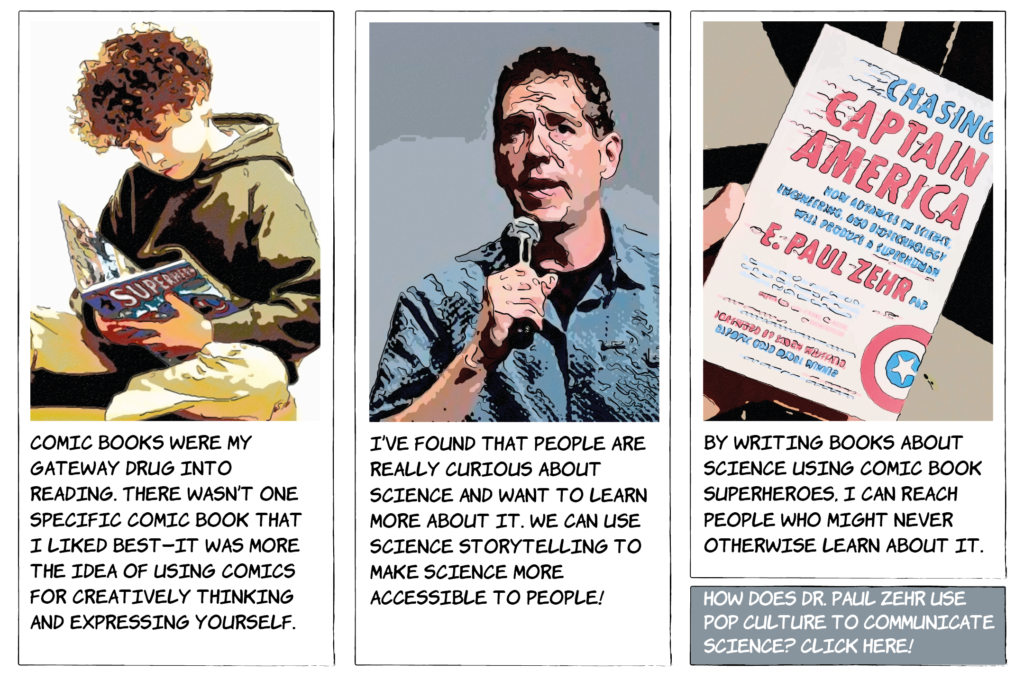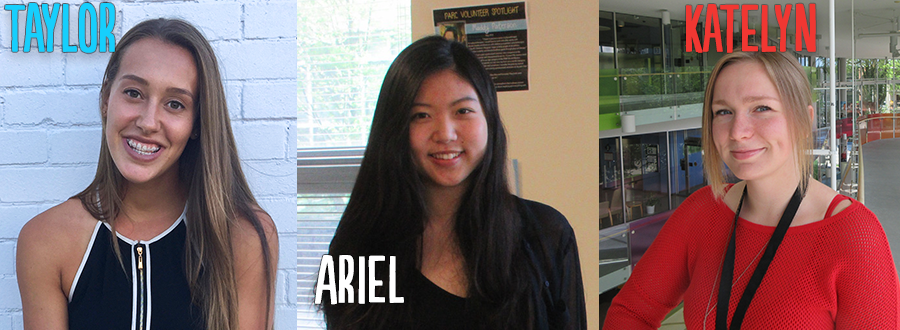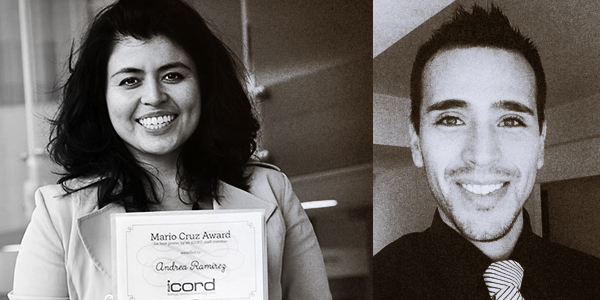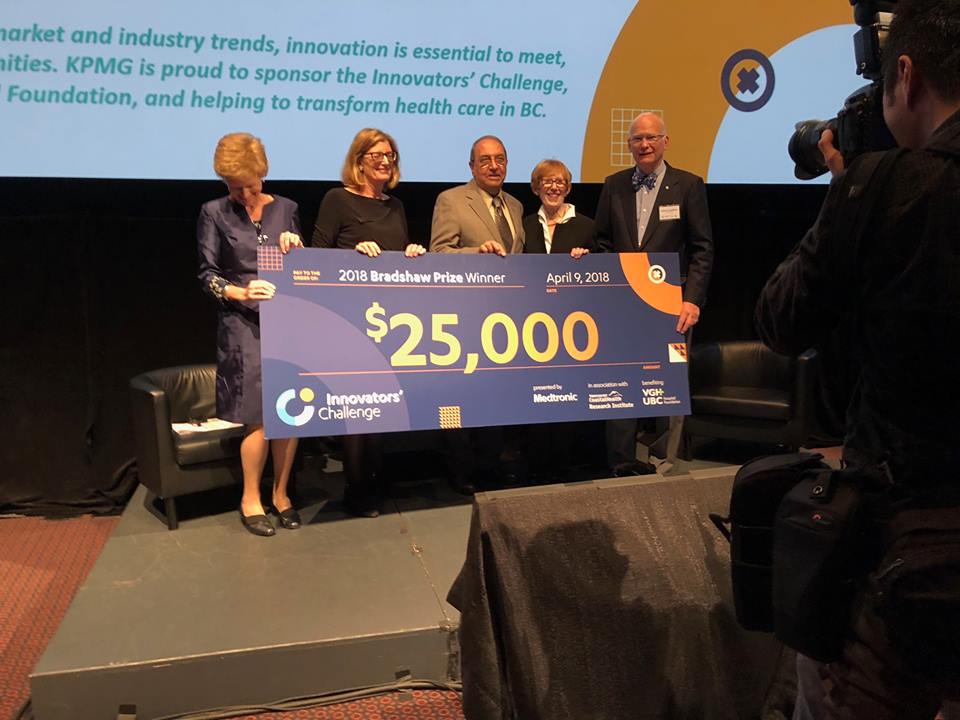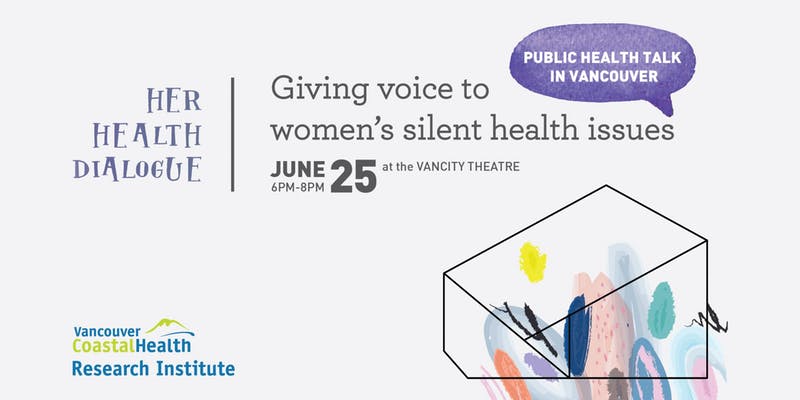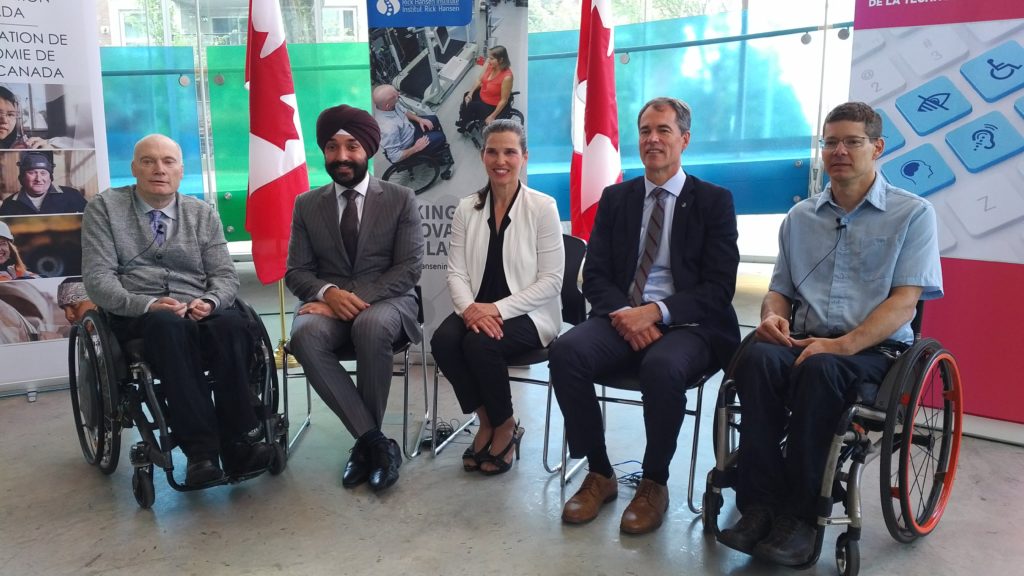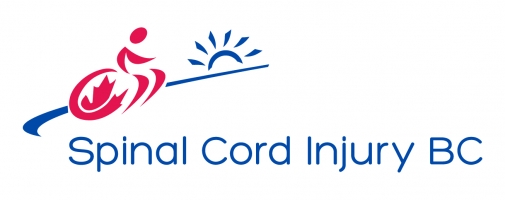In this issue, we look at the importance of science communication, question the wording of questionnaires, and take you on an office tour of an ICORD researcher with a green thumb. Plus: we check in with some former ICORDians, report on interesting upcoming events, tell you about a few new research studies, and share the latest news from our partners.
ICORD PI Dr. Corree Laule has been growing plants in her office for as long as she can remember. “Growing up on a farm, I was used to being surrounded by nature, so I started keeping plants when I moved to Vancouver. A lot of the plants in my office now are transplants from my old lab space, but some are rescues that people were planning to throw out,” she said.
Most people who visit her office are awestruck by the botanical abundance, because they think plants are hard to keep, but Dr. Laule asserts that’s not the case: “All you need for office plants is light, and some water,” she said, “but not too much – most people overwater their plants, which will kill them. Mine get watered once a week,” she added. “Keeping office plants is easy—getting things to grow in the garden is much harder.”
The plants in her office give Dr. Laule a sense of peace and quiet. “I like being around living things and seeing them grow, and the plants give me plenty of oxygen to think.” Dr. Laule is always on the lookout for new plants for her office. She has thirty-five now, but says when she looks around, she feels like there’s so much room for more!
Inspired to grow some plants of your own? This blog post has some great suggestions for your office garden.
If you were given a survey with a range of questions, all answered on a 1-to-5 scale, do you think you could accurately describe your quality of life? What if the score you gave your mobility impacted health care funding decisions? ICORD Principal Investigator Dr. David Whitehurst studies whether or not generic questionnaires are suitable for describing the quality of life of people with SCI, and he has discovered that a choice of words might be undermining their effectiveness.
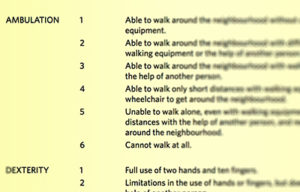 Dr. Whitehurst’s research centres on generic quality of life (QoL) questionnaires, which are used to help policy-makers determine the ‘value for money’ of health care treatments—in effect, whether certain treatments can be made available to people. Many of the most common QoL surveys, such as those developed by the EuroQol Group and the Health Utilities Index Mark 3 include a question on mobility. However, almost all these surveys treat ‘mobility’ and ‘the ability to walk’ as synonyms. This means that people who use wheelchairs may have difficulties answering the question in what they consider a meaningful way, which can have an impact on the use of such information in health care funding decisions.
Dr. Whitehurst’s research centres on generic quality of life (QoL) questionnaires, which are used to help policy-makers determine the ‘value for money’ of health care treatments—in effect, whether certain treatments can be made available to people. Many of the most common QoL surveys, such as those developed by the EuroQol Group and the Health Utilities Index Mark 3 include a question on mobility. However, almost all these surveys treat ‘mobility’ and ‘the ability to walk’ as synonyms. This means that people who use wheelchairs may have difficulties answering the question in what they consider a meaningful way, which can have an impact on the use of such information in health care funding decisions.
Dr. Whitehurst explains: “take the five-level EuroQol questionnaire, for example. Respondents have to check one of five boxes ranging from ‘I have no problems in walking about’ to ‘I am unable to walk about.’ Taken literally, there is no response option for people who consider themselves to have a good level of mobility despite an inability to walk.” Dr. Whitehurst’s research has shown that people with similar levels of mobility take different approaches to answering such questions: some people answer literally, whereas others mentally substitute ‘wheel’ for ‘walk’ and answer accordingly. “In a typical research study, researchers only see the answer to the question. In the context of SCI, our findings suggest that researchers wouldn’t really have any sense of people’s self-perceived mobility. People who use wheelchairs aren’t being given a voice,” Dr. Whitehurst said.
Ultimately, Dr. Whitehurst would like to explore the implications of rewording mobility questions on generic QoL surveys, changing questions like ‘How well are you able to walk?’ to ‘How well are you able to get around?’ “Practically speaking, these questionnaires are going to continue to be used to make important health care funding decisions, and my concern is that such an approach is not inclusive of people who use wheelchairs,” he said. Dr. Whitehurst has presented on this topic at conferences worldwide, and has seen a lot of interest in this type of research. “It’s really eye-opening for people who had traditionally viewed mobility as the ability to walk. I’ve found my work can change perceptions on what mobility means.”
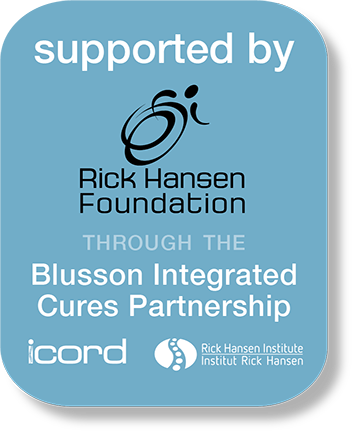 The eighth annual ICORD Trainee Symposium, organized and presented by ICORD’s Trainee Committee, was a great success. More than 100 attendees heard from guest speakers Drs. Gordon Mitchell and Paul Zehr. There were ten awards for trainee research posters and presentations, including the Dr. Andrei Krassioukov Autonomic Award, which was won by Dr. Rahul Sachdeva of the Krassioukov Lab. For more photos of the event and info about this year’s award winners, check out ICORD’s Facebook page. The Trainee Committee is grateful for the funding support of the Blusson Integrated Cures Partnership.
The eighth annual ICORD Trainee Symposium, organized and presented by ICORD’s Trainee Committee, was a great success. More than 100 attendees heard from guest speakers Drs. Gordon Mitchell and Paul Zehr. There were ten awards for trainee research posters and presentations, including the Dr. Andrei Krassioukov Autonomic Award, which was won by Dr. Rahul Sachdeva of the Krassioukov Lab. For more photos of the event and info about this year’s award winners, check out ICORD’s Facebook page. The Trainee Committee is grateful for the funding support of the Blusson Integrated Cures Partnership.
Award-winning author, science communicator, and ICORD Principal Investigator Dr. E. Paul Zehr, recently published his fourth book using popular culture to present complex scientific ideas. The ICORDian had a chance to ask Dr. Zehr about this approach while he was in Vancouver last month to give a talk at the ICORD Trainee Symposium. Click here to read this interesting interview!
“My summer project as a supervisor at PARC will involve studying the benefits of exercise for people with SCI, and its effects on secondary health conditions, such as pressure ulcers and sudden changes in blood pressure. I’m excited to greet participants, facilitate their workouts, and go over questionnaires with them in such a supportive work environment!”
– Ariel Hung, Undergraduate Work Learn student, Lam Lab
“This summer I will be developing a device to prepare sections of the upper spine for testing in the Oxland Lab’s studies of shear loading, which is a model of spinal cord injury. I’m really looking forward to witnessing the device in action and seeing my work contribute to the Oxland Lab’s future studies.”
– Taylor Molde, Masters student, Oxland Lab
– Katelyn Hudak, Masters student, Tetzlaff Lab

At ICORD’s Annual Research Meeting in March, ICORD staff member Ms. Andrea Ramirez of Dr. Andrei Krassioukov‘s lab won the inaugural Mario Cruz Staff Award.
While Mario Cruz was a student, and later an invaluable lab manager for Dr. Matt Ramer, he impacted the lives of innumerable people at ICORD and UBC. Mario died of cancer originating in his spinal cord on July 28, 2016. He was 30 years old. Those of us who had the great fortune to work with him and know his friendship are still sad to know we will never hear him singing, see him smiling, or be infected by his boundless optimism and enthusiasm again. We hope this award in his honour will keep his spirit alive at ICORD.
“Winning the Mario Cruz Award has inspired me to continue to explore growth opportunities in research,” said a grateful Andrea. “It’s an honour to be recognized alongside someone who has impacted so many others in such a positive way!”
ICORD Principal Investigator Dr. Aziz Ghahary won the 2018 VGH+UBC Hospital Foundation Innovators Challenge and received the $25,000 Bradshaw Prize. He also won $74,000 in the event’s Dragon Den-style competition. Dr. Ghahary (third from left in the photo below) and his research team will use this grant to continue developing an infection-fighting liquid skin substitute made of natural skin proteins for patients with burns and non-healing wounds such as pressure ulcers.
Have you ever wondered what your former ICORD colleagues are up to? We do, which is why we started this column in the Winter 2018 issue. For this issue, we caught up with Drs. Hannah Gustafson and Loren Oschipok.
Hannah Gustafson 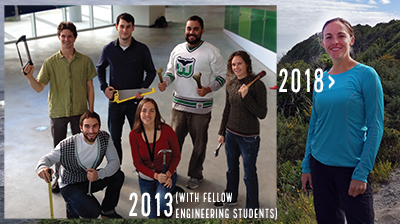
Formerly: PhD Student, Cripton Lab. Now: Kinesiology Instructor, Langara College
As a PhD student in the Cripton Lab, Hannah used digital image correlation to study vertebral response to loading. Now, as a Kinesiology Instructor at Langara, she teaches biomechanics. She also gets to share an office with former ICORD trainees Taha Qaiser and Megan Brousseau of the Lam Lab. “My favourite thing about being an instructor is my interactions with the students and other instructors,” she said. “At ICORD I worked with a lot of great people, and feel lucky to have had access to the support and resources there while completing my PhD.”
Loren Oschipok 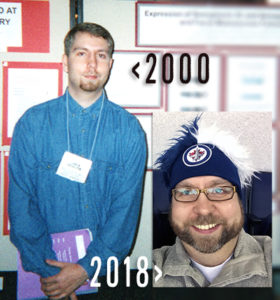
Formerly: Ph.D student, Tetzlaff Lab. Now: Technology Transfer Manager, University of Manitoba
As a Ph.D. student in the Tetzlaff Lab, Loren studied how specific growth cues influence nervous system regeneration after traumatic injury. While at ICORD, Loren could often be found helping other trainees troubleshoot problems, and he quickly realized that his favourite part of science wasn’t running experiments, but collaborating with other trainees in a variety of fields. Now, as a Technology Transfer Manager at the University of Manitoba, Loren “works with researchers in both the life sciences and physical sciences to advance their discoveries from academia into the community.”
Curious what former ICORDians have been up to? Nominate someone or volunteer to be profiled!
Interested in helping ICORD researchers make SCI preventable, livable, and curable? These research studies are in need of participants!
Can exoskeleton training improve bladder health?
Researchers in Drs. Tania Lam and Lynn Stothers’ labs know from previous research that walking with an exoskeleton requires you to use your abdominal and core muscles. This is true for even people with high-thoracic and cervical level spinal cord injuries who have been diagnosed as motor-complete who are supposedly unable to activate muscles below their injury level. However, it remains unknown if this type of training can translate to improved seated balance after a spinal cord injury. Furthermore, your abdominal and core muscles co-activate with your pelvic floor muscles (PFM). These muscles are in your pelvis play an important role in bladder function by facilitating the retention and voiding of urine. Training these muscles is known to improve bladder health in other populations. As such, we want to know if using an exoskeleton actives these muscles and in turn translates into better bladder control. Learn more.
The effect of exercise on BDNF protein in individuals with SCI
Researchers in Dr. Tania Lam’s lab are currently looking for participants for a study on Brain-Derived Neurotrophic Factor (BDNF), a protein that has been associated with nerve regeneration and plasticity. As physical activity may increase BDNF factors in an able-bodied population, we are trying to see if this holds true for an SCI population as well. Learn more.
Assessing pelvic floor muscle function in individuals with spinal cord injury
The pelvic floor muscles (PFM) are situated under the bladder and play a crucial role in bladder control by facilitating the voluntary retention and voiding of urine. In the able-bodied population, training programs to strengthen these muscles are a common treatment in fighting bladder problems including leakage and overactive bladder symptoms. However, we have yet to apply these training programs to individuals with SCI because we do not know how the PFM function post-injury. Researchers in Dr. Tania Lam’s lab want to determine how and if the PFM work in people with SCI using two different techniques. Learn more.
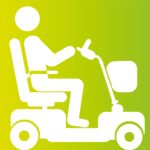 Scooter driving challenges
Scooter driving challenges
Researchers in Dr. Ben Mortenson’s lab are interested in determining which activities are difficult for new users of motorized mobility scooters (MMS), which contexts may make these activities challenging or unsafe, and which strategies can help users to complete these activities. This study will involve participating in a 45-60 minute interview at GF Strong (4255 Laurel St, Vancouver), the Blusson Spinal Cord Centre (818 W 10th Ave, Vancouver), your home, or anywhere in the community that is convenient for you. Click here for details.
 Evaluation of cerebrovascular health after SCI using MRI
Evaluation of cerebrovascular health after SCI using MRI
Autonomic dysreflexia (AD) is a potentially life-threatening temporary episode of severe high blood pressure, which can occur daily in individuals with spinal cord injury (SCI). Chronic high blood pressure in non-SCI individuals results in changes in blood supply to the brain associated with increased risk of stroke, changes in the structural pattern of the brain, as well as loss of intellectual functioning. We do not currently understand if temporary high blood pressure in the form of AD episodes after SCI is having similar effects as chronic high blood pressure. Therefore, researchers in Dr. Krassioukov’s lab aim to study the effect of AD on brain blood vessel function and cognition. Click here for details.
 Smartphone delivered peer physical activity program for spinal cord injury
Smartphone delivered peer physical activity program for spinal cord injury
Drs. Jaimie Borisoff and Bill Miller and their teams want to determine the influence of a Smartphone Peer Physical Activity Counseling (SPPAC) program on the level of physical activity in a group of manual wheelchair users with a spinal cord injury (SCI) and explore thoughts and experiences participating in this program. Click here for details.
Click here to learn about all the ICORD studies currently recruiting participants.
 Did you know that volunteers at our SCI Community Resource Centre prepare summaries of scientific papers and post them on our SCInfo blog? If you’re interested in what’s going on in SCI research around the world, this is a good place to look.
Did you know that volunteers at our SCI Community Resource Centre prepare summaries of scientific papers and post them on our SCInfo blog? If you’re interested in what’s going on in SCI research around the world, this is a good place to look.
Her Health Dialogue: a discussion of women’s health
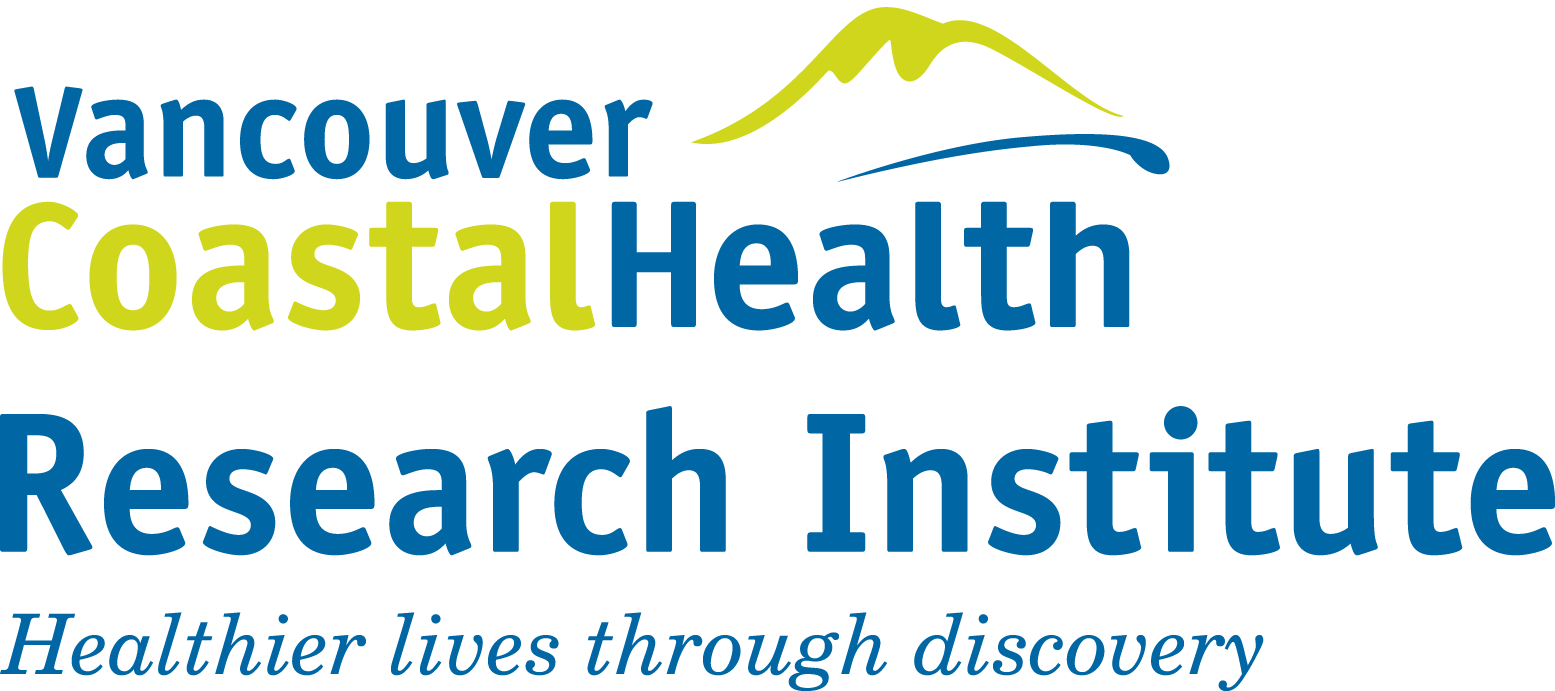 Join VCHRI on June 25 for for a free public discussion of important women’s health issues, including HPV related diseases, endometriosis, pelvic pain and sexual health. Join health research experts working at the forefront of these issues and hear from a research participant about what it’s like to be a partner in health research.
Join VCHRI on June 25 for for a free public discussion of important women’s health issues, including HPV related diseases, endometriosis, pelvic pain and sexual health. Join health research experts working at the forefront of these issues and hear from a research participant about what it’s like to be a partner in health research.
Doors open at 5pm for light refreshments and networking with local health organizations, and health talks will begin at 6pm. Click here to see the full schedule for this event and learn more about the invited speakers.
As seating is limited, RSVP here to confirm your attendance.
RHI receives federal funding to support breakthroughs in SCI research & care
![]() The Rick Hansen Institute received exciting news about funding from the Government of Canada on May 18, Global Accessibility Awareness Day, during a panel discussion at the Blusson Spinal Cord Centre on improving accessible technology for Canadians with disabilities.
The Rick Hansen Institute received exciting news about funding from the Government of Canada on May 18, Global Accessibility Awareness Day, during a panel discussion at the Blusson Spinal Cord Centre on improving accessible technology for Canadians with disabilities.
The Honourable Navdeep Bains, Minister of Innovation, Science and Economic Development, and the Honourable Kirsty Duncan, Minister of Science and Minister of Sport and Persons with Disabilities highlighted Budget 2018 funding of $23.6 million to support the Rick Hansen Institute’s efforts to achieve breakthroughs in spinal cord injury research and care. The ministers also announced more than $3 million in funding for the Neil Squire Society through the Government of Canada’s Accessible Technology Program. The panel was moderated by Neil Squire Society’s Dr. Gary Birch and additional panelists included ICORD researcher Dr. Jaimie Borisoff and the Institute’s Bill Barrable.
Read a recap of the panel discussion.
SCI BC offers bursaries for post-secondary students
SCI BC, in partnership with the Vancouver Foundation, is now offering over $250,000 in bursaries for persons with spinal cord injuries. The Gragopean Scholarship Fund was created by anonymous donors to assist persons with SCI attending post-secondary schools in BC with their tuition, books and/or other learning aids, and other expenses related to their disability that will support education, such as housing, transportation, and in-class assistance.
Visit SCI BC’s website or email SCI BC for further information, including eligibility criteria.
Apply by: June 22, 2018
ICORD awarded ‘Accessibility Certified Gold’
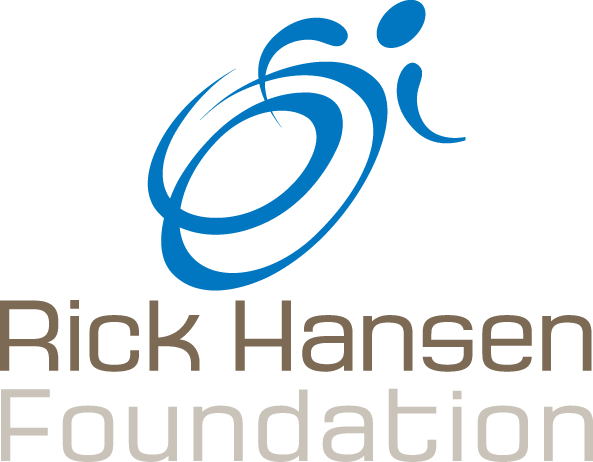 ICORD recently became the first research centre in Canada to receive a gold rating under the Rick Hansen Foundation Accessibility CertificationTM program, which works to help improve the accessibility of the built environment. Among the features noted in ICORD’s gold rating were the wide pathways and spaciousness of the Atrium, PARC’s full accessibility, and the accessible resource centre, washrooms, kitchen, and elevators, which include touch bars for easier access.
ICORD recently became the first research centre in Canada to receive a gold rating under the Rick Hansen Foundation Accessibility CertificationTM program, which works to help improve the accessibility of the built environment. Among the features noted in ICORD’s gold rating were the wide pathways and spaciousness of the Atrium, PARC’s full accessibility, and the accessible resource centre, washrooms, kitchen, and elevators, which include touch bars for easier access.
 ICORD and the Rick Hansen Institute are working together to identify new treatments for SCI and apply existing treatments for other neurological disorders, injuries and diseases to SCI. Funded by the Rick Hansen Foundation, the Blusson Integrated Cures Partnership provides ten years of stable funding for several multi-year research projects as well as new faculty positions within ICORD, international exchanges to encourage collaboration, research-related events (like the Annual Research Meeting and seminar series) and a consumer engagement strategy which aims to provide people with SCI and their supporters with evidence-based information about the healthcare, services and resources available to best support recovery after SCI and increase consumer involvement in the research process.
ICORD and the Rick Hansen Institute are working together to identify new treatments for SCI and apply existing treatments for other neurological disorders, injuries and diseases to SCI. Funded by the Rick Hansen Foundation, the Blusson Integrated Cures Partnership provides ten years of stable funding for several multi-year research projects as well as new faculty positions within ICORD, international exchanges to encourage collaboration, research-related events (like the Annual Research Meeting and seminar series) and a consumer engagement strategy which aims to provide people with SCI and their supporters with evidence-based information about the healthcare, services and resources available to best support recovery after SCI and increase consumer involvement in the research process.
We are very grateful for this generous support.
Thanks for reading this issue of The ICORDian – we hope you enjoyed it! Please subscribe and have future issues delivered to your inbox. If you have any comments about this issue or suggestions for future ones, please contact us.
Thanks to Max Thompson, Adam Mesa, Hannah Gustafson, Loren Oschipok, Ariel Hung, Taylor Molde, and Katelyn Hudak, for their contributions to this issue of our newsletter.




